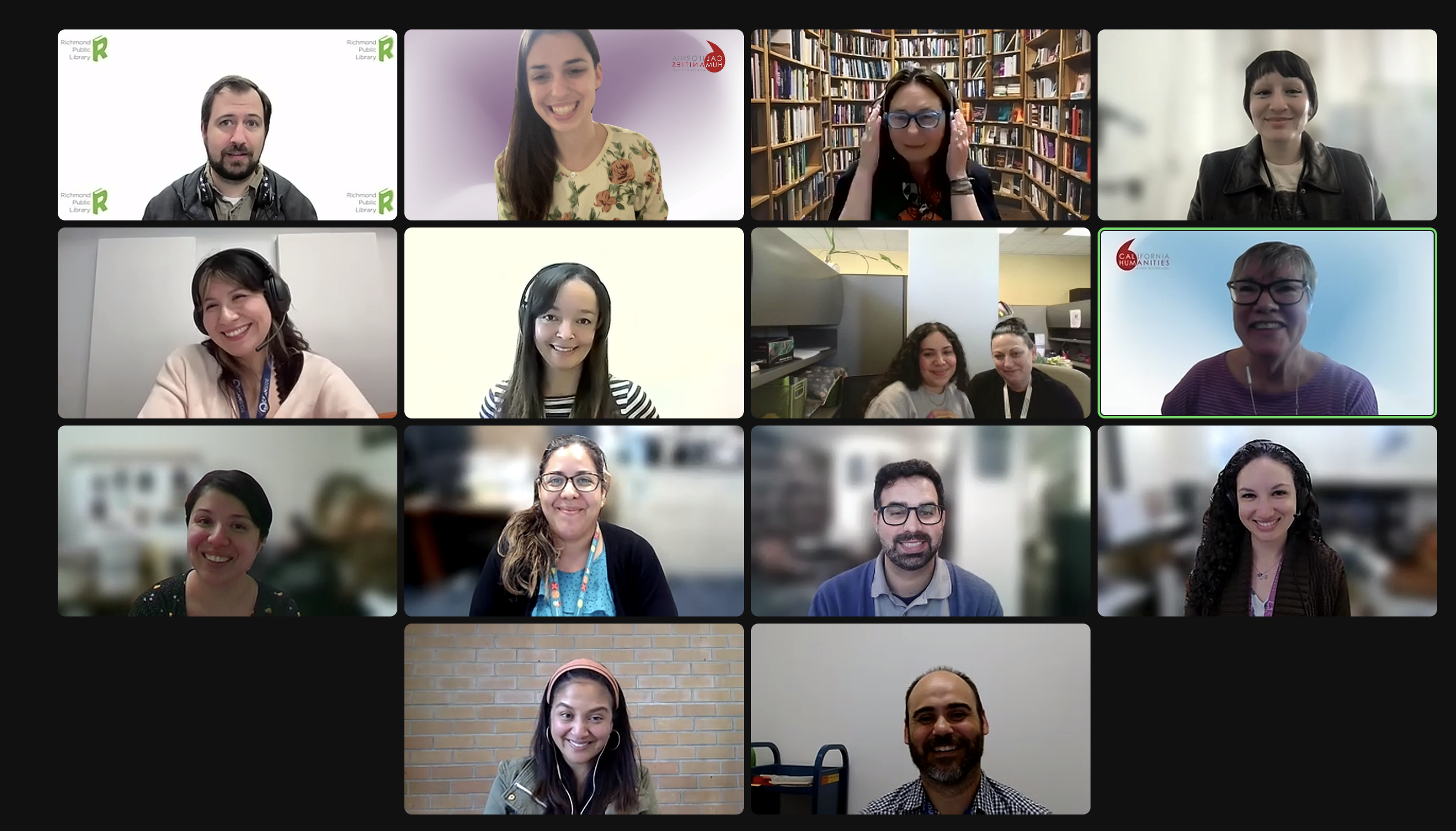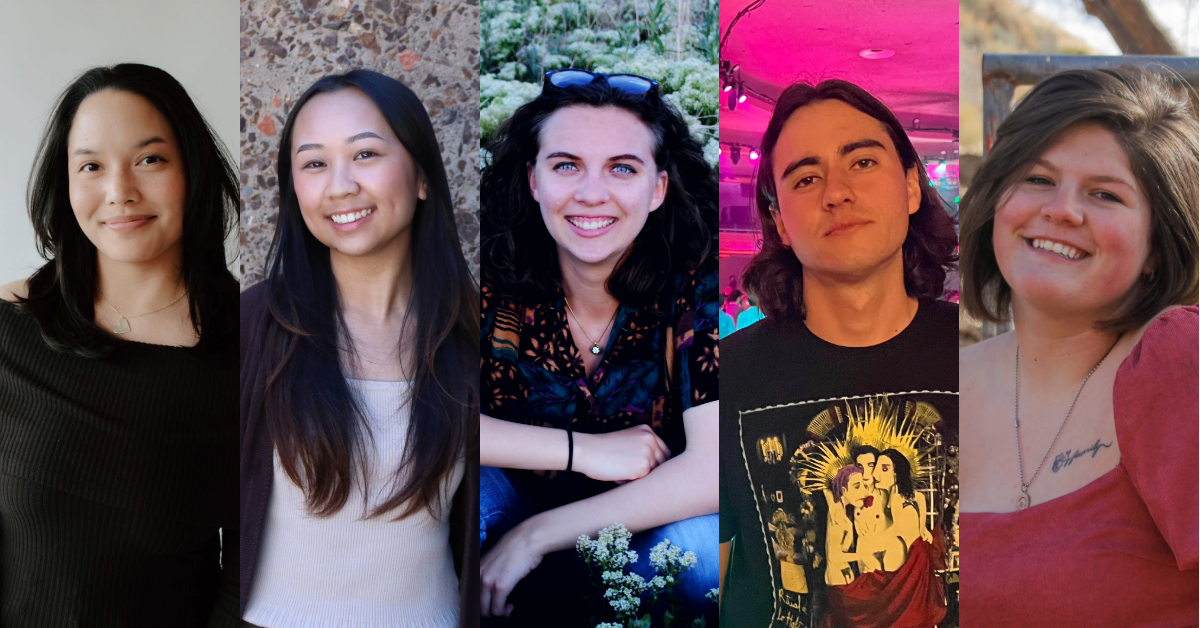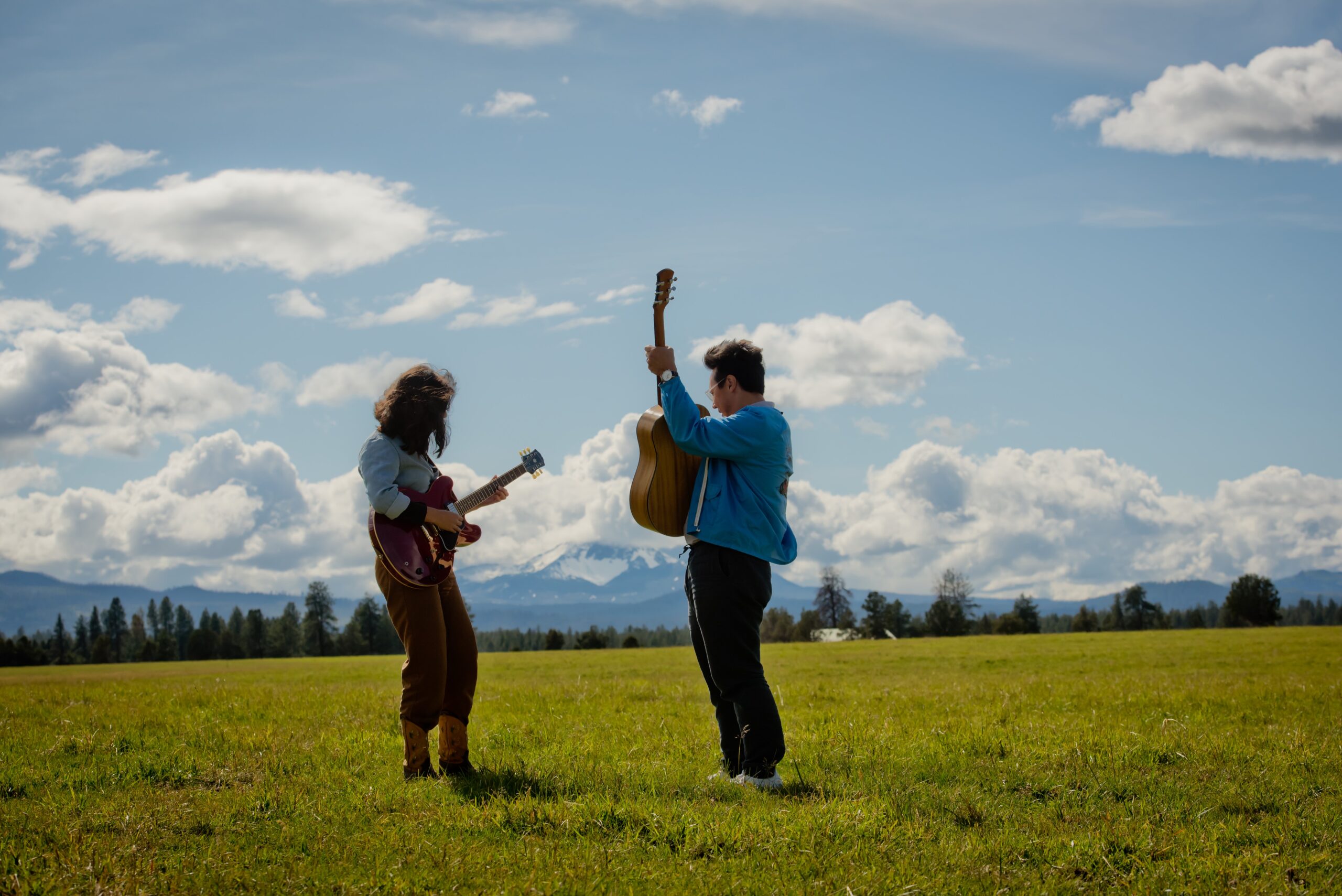In a world where traditional media is under fire, and the way we get information is in a period of rapid transition, what does vigilance mean?
Thomas Jefferson famously said that the price of freedom was vigilance; he was also quoted as saying he’d rather have newspapers without government than government without newspapers. (Once in office he claimed the latter was a misquote.)
But in a world where traditional media is under fire, and the way we get information is in a period of rapid transition, what does vigilance mean? Zócalo editor Joe Mathews, a fellow at the Center for Social Cohesion at Arizona State University, opened a Zócalo/Cal Humanities “Searching for Democracy” event at the San Diego Museum of Art by directing this question to Bernardo Ruiz, the director of Reportero, a new documentary about the Tijuana newsweekly Zeta.
Ruiz said that vigilance, in his work, is about depth. Ruiz made Reportero because he felt that so much U.S. news coverage about the drug war seemed to lack context, background, or history. “It felt like rubbernecking, body-count journalism,” he said. With over two years to spend telling his story, he could get a strong feel for the place and for the institution that is Zeta in order to tell a deeper narrative.
Cal Humanities and Zócalo Public Square joined forces, bringing top public thinkers to communities across the state to explore issues vital to our democracy.




